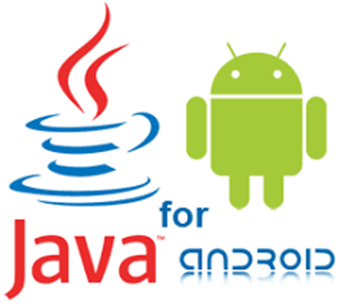Take a faster, smarter path to AI-driven C/C++ test automation. Discover how >>
Simplify the Rigor of Java Testing With Jtest 2022.2
Read through to learn how your development team can streamline Java testing with the progressive features and enhancements included in the release of Parasoft Jtest 2022.2.
Jump to Section

Read through to learn how your development team can streamline Java testing with the progressive features and enhancements included in the release of Parasoft Jtest 2022.2.
Java and JUnit testing can be time-consuming and challenging for developers if they don’t have a way to automate the work. With the new release of Parasoft Jtest 2022.2, development teams can deliver software faster and with higher quality.
The latest release continues our focus on simplifying the rigor of software testing with innovative features and enhancements that complement software development practices and address expanding requirements.
With this release, you can analyze Java projects, including Android Java projects, against a wide array of security and compliance coding standards and report those results directly into SonarQube. Additionally, CI/CD integration has been optimized so you can get results faster.
Here’s a quick list of the enhancements included in Jtest 2022.2.
Android Java is ubiquitous in today’s automotive infotainment systems, not to mention mobile applications. Parasoft’s automotive customers in the C/C++ space have been asking us for static analysis and unit testing support for Android Java builds that’s equivalent to what we provide in our C/C++test solution.
You asked, we listened!

In this release we added full support for static analysis for Gradle Android Java builds. In addition, we added experimental support for reporting unit test execution and coverage results for Android Java unit tests. We plan to add full unit testing support in the next release.
Lastly, we added a new "Android Guidelines" static analysis test configuration based on the Google Java Style Guide, which Google recommends for Android development.
Many organizations today use SonarQube as a central location to view quality data from their static analysis and unit testing practices. Now, you can include static analysis results from Parasoft!
In this release, development teams can now perform static analysis using Parasoft Jtest, as well as C/C++test and dotTEST, and push those results into SonarQube.

Static analysis violations can be viewed within SonarQube, along with documentation for the rules that were violated that explain the context of the violation and how to fix it.
The need to write secure and compliant code gets emphasized with each new security vulnerability that gets reported. To that end, Parasoft continues to improve the ability for our customers to assess the security and reliability of their code with industry-leading configurable and extendable rulesets.
In this release, we made updates and additions to our extensive coverage of coding and compliance rules and standards, such as HIPAA, VVSG, PCI DSS, CERT, and CWE.
CI/CD is a cornerstone of today’s development and DevOps processes. Because of this, Parasoft continues to invest in better and deeper integration with modern development environments. We have made several enhancements in this release to further the breadth and depth of our CI/CD capabilities.
One of the cool features of Parasoft Jtest is AI-based smart test execution that runs a subset of unit tests based on recent code changes, also known as test impact analysis. Prior to this release, the CLI-based test impact analysis only supported sequential builds, but in this release, we added the ability to perform test impact analysis for Gradle and Maven parallel builds. This gives you quicker feedback and verification of application changes.
Other enhancements include:
Parasoft uses AI to automatically create maintainable unit tests that efficiently verify new and legacy code during development. Jtest’s Unit Test Assistant has been enhanced with better support for initializing variables whose type is a subclass of java.lang.Number.
Other test creation improvements were added that enable your team to work productively and complete testing on schedule for on-time release.
Jtest has been enhanced to support the latest IntelliJ versions 2022.1 and 2022.2 as well as the latest Eclipse versions 2022-06 and 2022-09.
OpenID Connect (OIDC) authentication with OKTA is now supported for both IDE and CLI-based workflows.
To download Jtest, customers can visit the Customer Portal. For more details about these enhancements, view the release notes.
See how this unified, fully integrated testing solution can help your team develop reliable and secure Java applications.